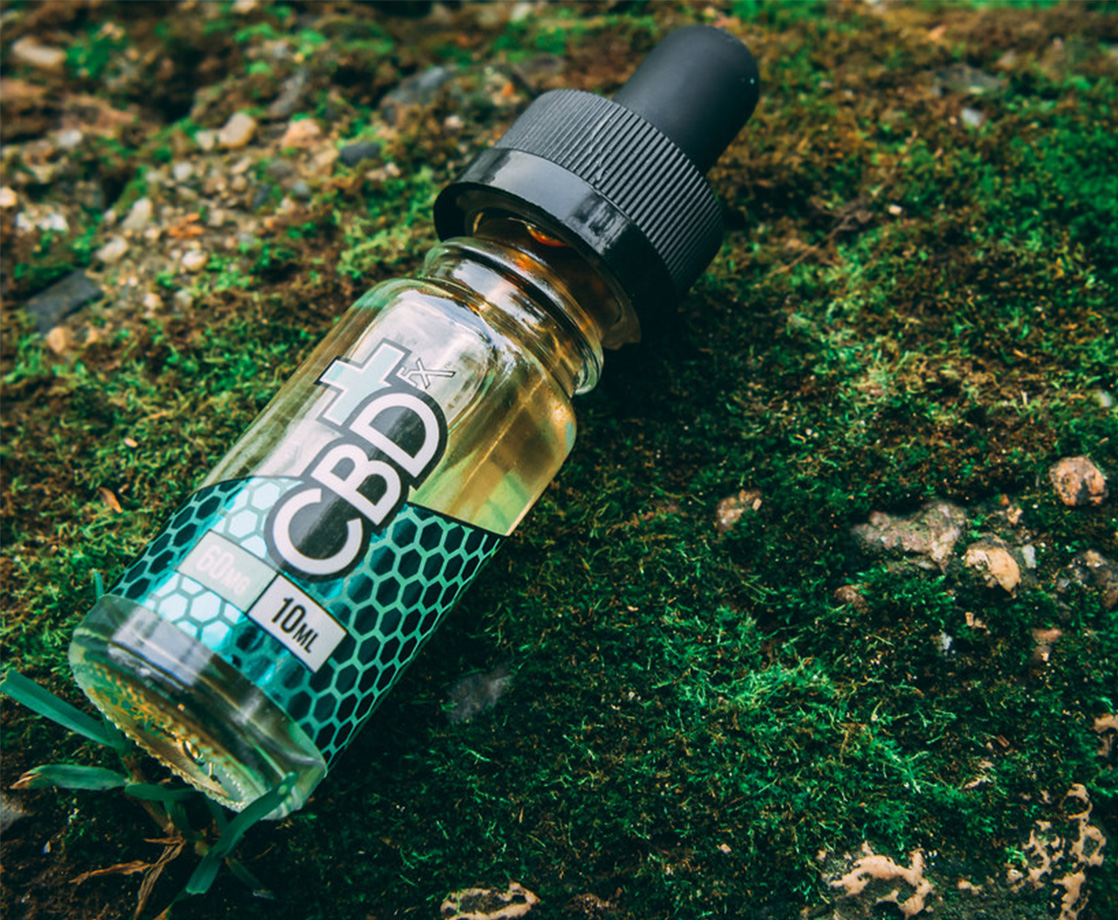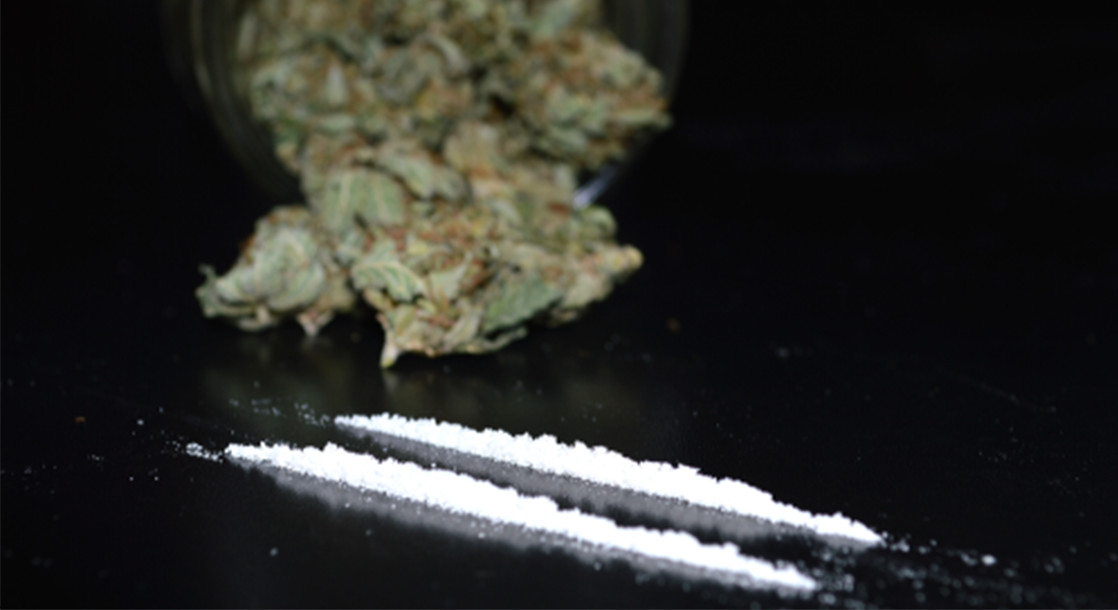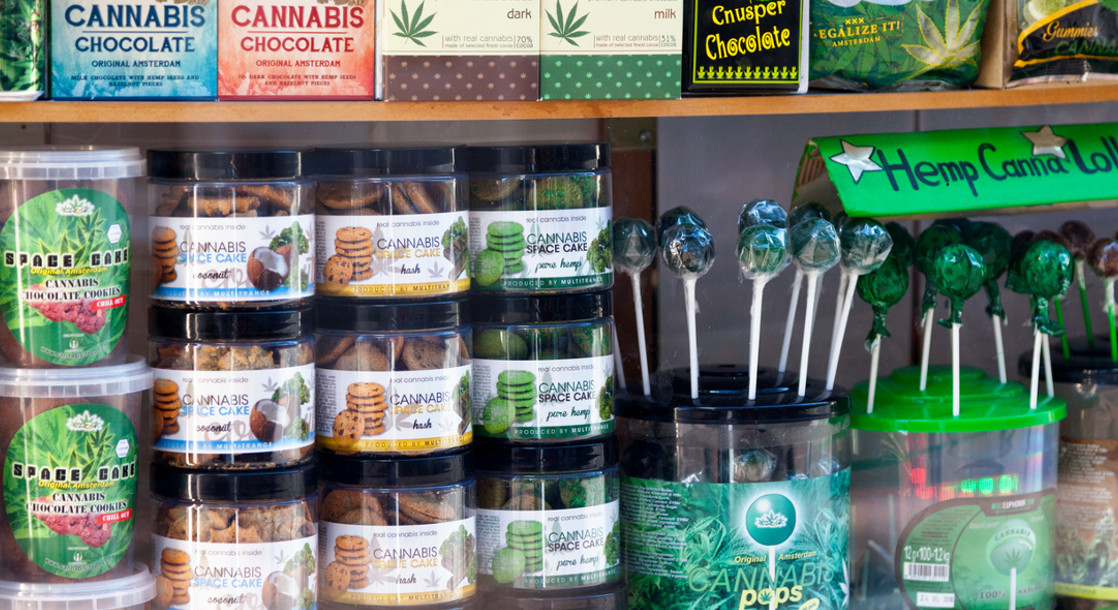Lead image via
Disclaimer: This column is written for educational purposes only. It does not provide specific legal advice and does not create an attorney-client relationship. This column should not be used as a substitute for competent legal advice from a licensed attorney in your state.
Like many people in the cannabis industry, I was thrilled when the 2018 Farm Bill was signed into law on December 20, legalizing various activities related to the cultivation and production of industrial hemp nationwide. But I also knew that for consumers and businesses, many questions remained about hemp and cannabidiol (CBD), hemp’s most famous byproduct these days.
Take what’s happening here in Arizona, where I lead Rose Law Group’s cannabis business practice. The activities authorized by the 2018 Farm Bill came at a perfect time for us, since the state was already in the midst of developing the rules and regulations that will govern our hemp licensing program, as directed by a state bill passed in 2017 and signed into law by Governor Ducey in May, 2018. Many in Arizona see hemp as the perfect crop, since its low-water demands could mesh perfectly with our state’s climate.
But many hurdles remain before Arizona, or anywhere, can become the Napa Valley of hemp. According to the Farm Bill, hemp is defined as any cannabis plant that has less than 0.3% THC, the psychoactive component of the plant. But like many states, Arizona has a medical cannabis program that already oversees all cannabis and cannabis-derived products that contain any amount of THC. So officials and industry stakeholders will have to figure out how to accurately differentiate between hemp products, such as hemp-derived CBD, that will fall under the state’s new hemp program, and cannabis products that will continue to be regulated under the state’s medical cannabis program. That will involve determining monitoring and testing protocols for all those engaged in the cultivation, harvest, processing and/or transport of hemp and hemp-derived products.
And in truth, our woes are trivial compared to California’s, which now has to square the Farm Bill with the fact that legislators effectively banned the sale of hemp-derived CBD products anywhere in the state over the summer.
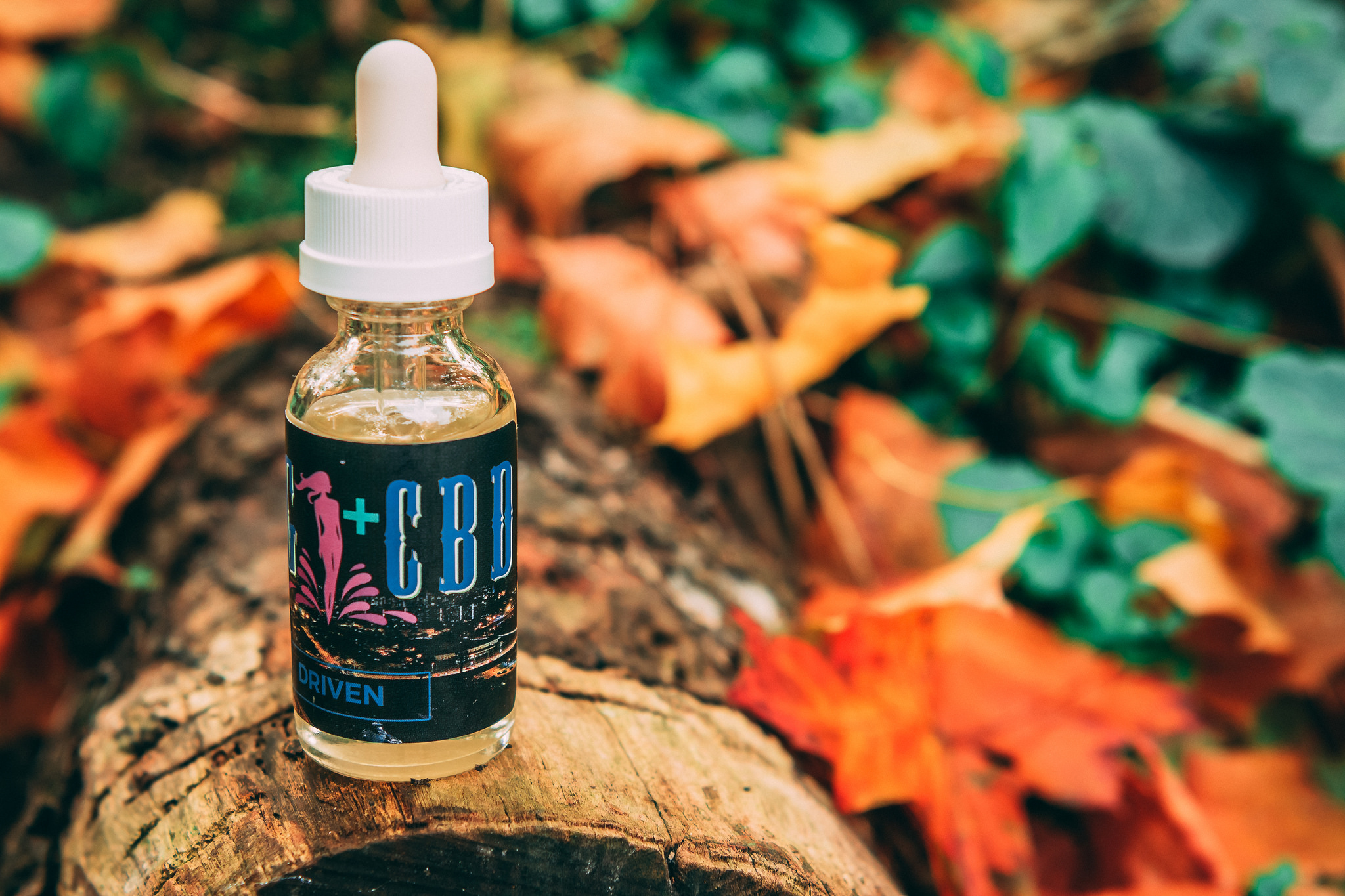
Image via
In the meantime, consumers in Arizona and beyond who are interested in products like hemp-derived CBD extracts, will more or less be on their own. CBD sales are already exploding; the product has grown from a market category that didn’t exist five years ago to nearly $200 million in total U.S. sales in 2017. Now, with the imprimatur of the federal government, sales of hemp-derived CBD and other similar products are predicted to skyrocket, with an estimated $2.6 billion in sales by 2022. In other words, we’ll be seeing ever more hemp-derived CBD products hitting store shelves and online retailers.
What exactly will be in all those products? For the time being, it will be very hard to know. After all, following the passage of the Farm Bill, the Food and Drug Administration issued a statement noting that, for the time being, it still considers most CBD-related commerce to be prohibited. That means there’s little current FDA guidance as to how hemp-derived CBD products should comply with basic product production and labeling requirements.
We’re already seeing the risks of proliferating CBD products that are subject to little or no regulatory oversight. One recent study found synthetic marijuana and a cough syrup ingredient in CBD vaporizer products sold online. And who knows what’s in the CBD gummies, oils, and edibles that are suddenly flooding corner stores and bodegas in New York and elsewhere. As CBD products manufactured all over the world come flooding into the country’s red-hot CBD market, we’re surely going to see more of these alarming reports.
The FDA will likely crack down on CBD products that are particularly egregious in terms of false medical claims or suspect ingredients, as it has in the past. But still, as the market moves through its growing pains, it will pay to be a smart consumer.
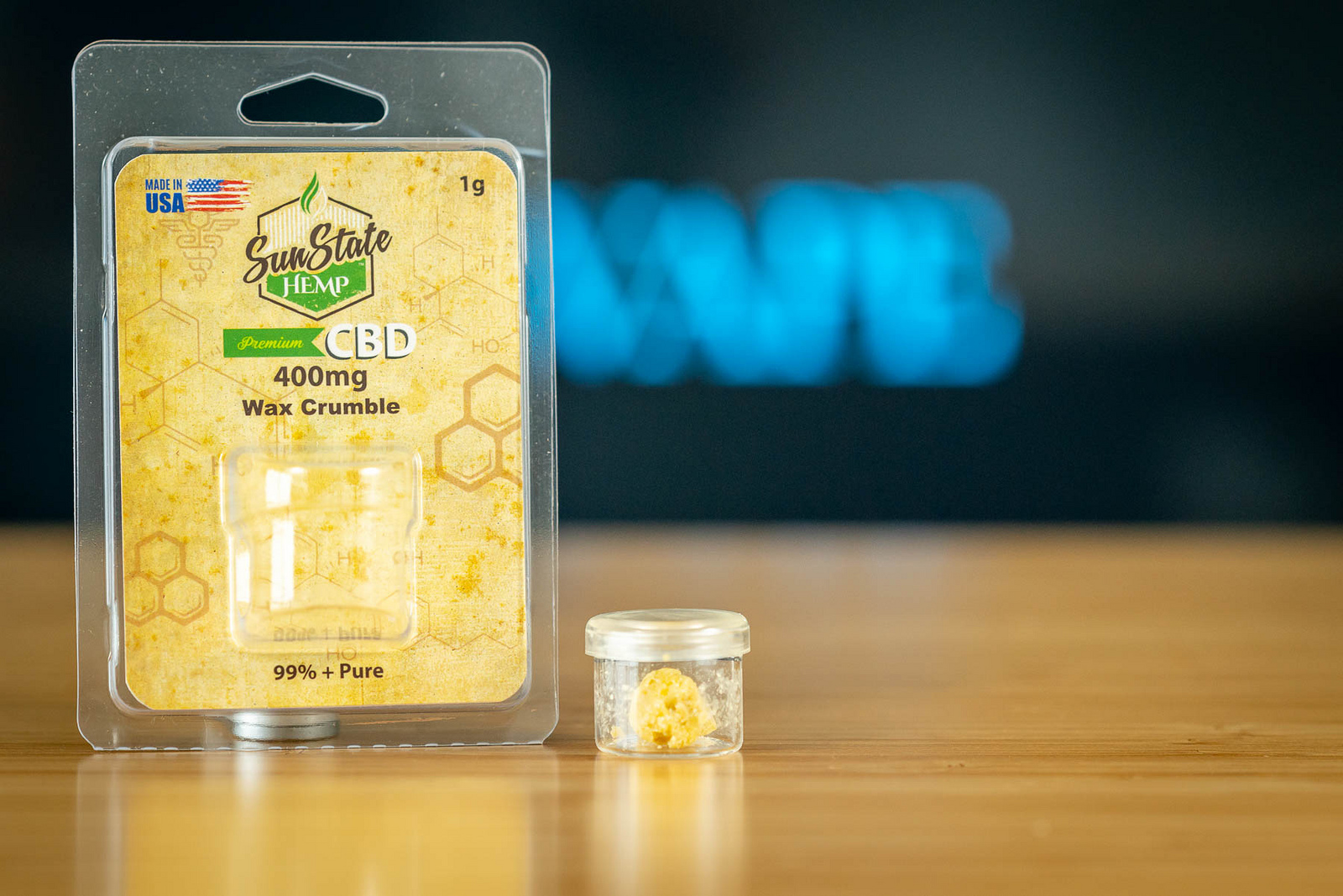
Image via
For starters, don’t just opt for the cheapest or flashiest hemp and CBD products around. Scrutinize product labels and do a little digging into the companies behind the products. Where was the hemp in the products produced? Keep in mind, the Farm Bill placed the bulk of the onus regarding the specific rules and regulations for the hemp industry on the individual states, so until more states develop and implement their hemp regulations, I recommend acquiring hemp-derived CBD oil or isolates only from states or countries with established established hemp regulatory programs, like Colorado, Kentucky, and Oregon. You’re more likely to be getting products made from carefully-produced hemp. I would also confirm that any hemp company you’re purchasing CBD from has the necessary paperwork, ensuring they are properly certified and/or licensed to cultivate, process, or distribute the hemp derivative.
Beyond product origin, look for other signs on product labels or company websites that suggest the items in question are produced safely and carefully. Is there a full ingredient list and, if so, is there anything on that list that doesn’t pass the smell test? Does the company subject its products to thorough testing and does it publish the results? Does the product promise all sorts of outrageous health benefits? (If it does, steer clear; legally, manufacturers of CBD supplements can’t make any medical claims about their products.)
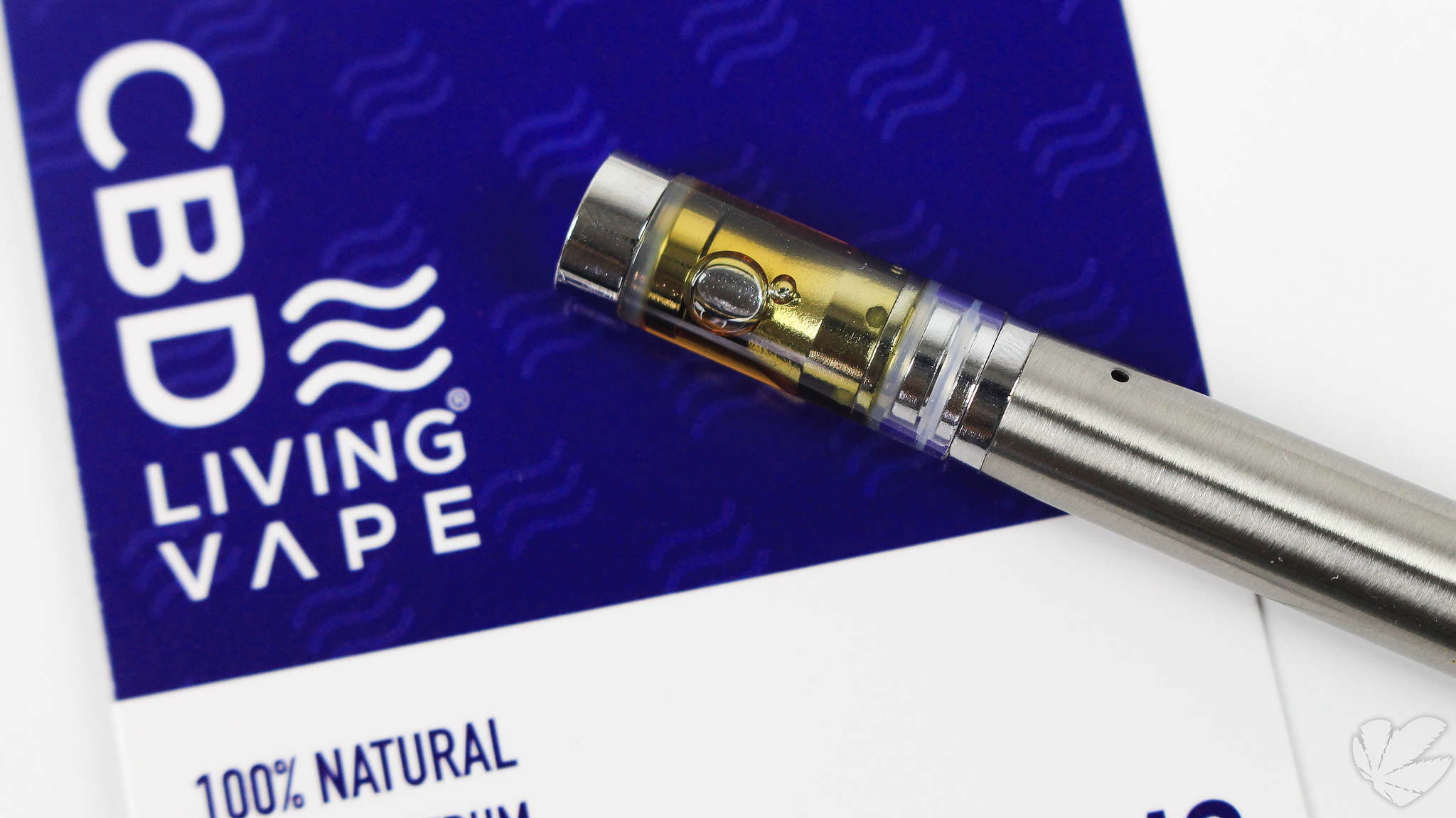
Image via
Finally, use the same common sense you employ when you peruse the grocery store aisle. Just because a company has an online storefront and boasts lots of good reviews on Amazon doesn’t mean it’s a legitimate firm or that you necessarily want to put the products they’re producing into your body. Instead, look to local experts. What sorts of products does the manager at your local supplement or health-food store recommend?
The good news is that with the long-overdue legalization of various activities related to industrial hemp from coast to coast, the hemp and hemp-derived CBD markets will have an opportunity to blossom and mature. With increased competition and consumer scrutiny, responsible companies and products will rise to the top. And soon enough, state and federal regulators will finalize regulatory schemes so that hemp-derived CBD and other hemp products are subjected to the same health and safety standards as other food and wellness products.
But in the meantime, don’t be afraid to ask some hard questions before you pop that CBD gummy.


